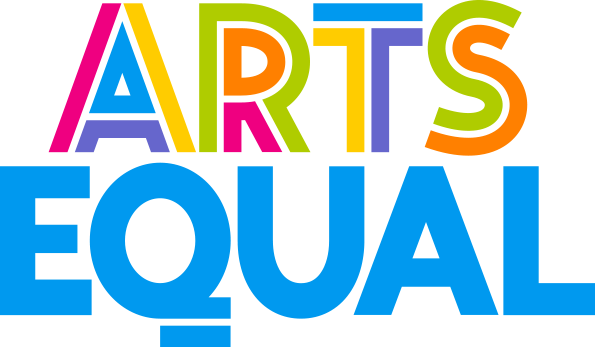Guest lecture about posthumanism by Dr Marek Tesar - Guest lecture about posthumanism by Dr Marek Tesar - Artsequal
null Guest lecture about posthumanism by Dr Marek Tesar
Open lecture "Posthumanism, New Materialism, and Philosophy as a Method: Dreams and possibilities for (post)qualitative inquiry in Arts and Education" by Dr Marek Tesar
Place: Auditorium 1, Theatre Academy (Haapaniemenkatu 6), Helsinki
Time: 4th of October 2018 at 5.15 PM
Abstract
The purpose of this presentation is two fold: to conceptualise a theoretical and methodological turn, and to demonstrate what it means for Arts and Education research. Firstly, I discuss the conceptual thinking of (post)qualitative inquiry in the Arts and Education. In particular, I trace the relationship with a philosophy as a method, as an ontological, epistemological, and ethical relationship with a thought. This method carries theories and thoughts into practices, questions each and every ontology, and up-roots established epistemologies. Then I will question how this method can deterritorialize educational and performative arts spaces as places of social justice. New empiricism enriches and complicates these conceptualisations and urges for a rethinking of method as an ethical encounter, with thought and matter alike. However, such a destabilizing ‘method’ up-roots established humanistic epistemologies and fixed antropocentric ontologies covering a vast territory of thinking, relating, caring, and doing. I thus consider how theories enter the practice of care, how thought in the act functions, how methodologies gain their relational traction, and how ‘thinking,’ and ‘doing’ philosophy as a method shape and is being shaped by relational ontologies, then and now, and what role post humanism and new materialism play in these relations. This theory and conceptual work is then put into action through a research project with young children.
Bio
Dr Marek Tesar is a Senior Lecturer and Associate Dean International at the Faculty of Education and Social Work, University of Auckland, New Zealand. His research is focused on philosophical methods, childhood studies and early childhood education, with expertise in the philosophy of education and childhood. His research is concerned with the construction of childhoods, notions of place/space, and methodological and philosophical thinking around ontologies and the ethics of researching these notions.
